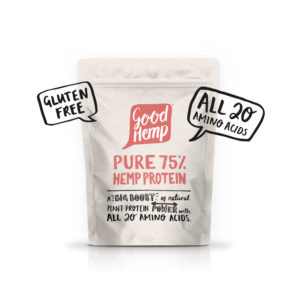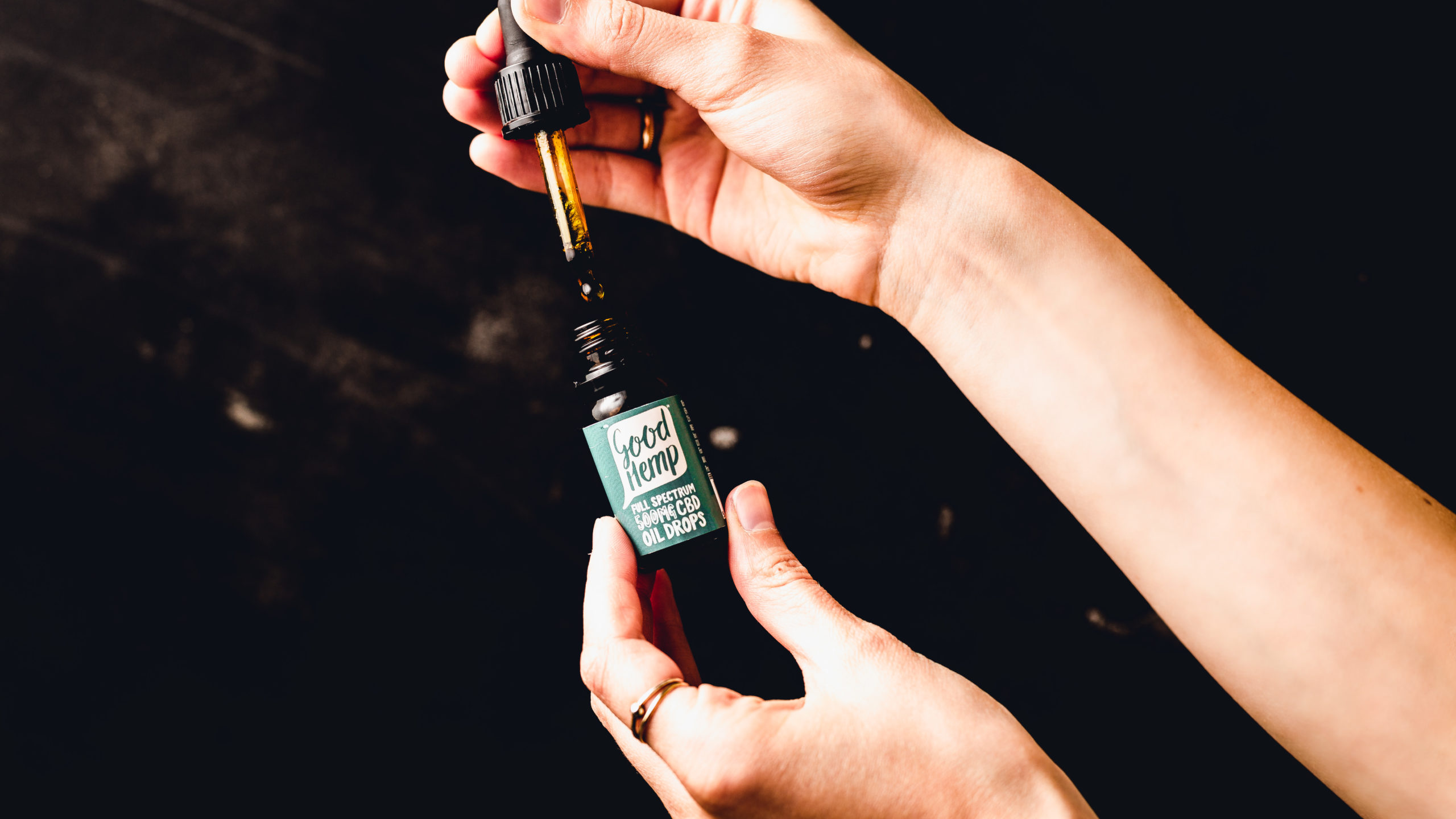How Do You Use CBD Oil for Diabetes?
CBD oil has long been championed for its wide variety of health and wellbeing benefits, including its calming properties and help with alleviating anxiety, insomnia and muscle pain. There are always studies to determine its uses for specific health conditions and, even in early stages of research, diabetes.
In fact, many people already use CBD to relieve symptoms of diabetes, though studies are still limited for the time being. That’s why we’re taking a closer look at just how CBD oil can offer help for those with this chronic condition.
Is CBD Oil Good for Diabetes?
In simple terms, diabetes is a long-lasting health condition that affects how the body turns food into energy. When we eat and sugar enters the bloodstream, the pancreas releases insulin, inviting the glucose (broken down sugar) into the body’s cells and converts it into energy. According to research from The Centers For Disease Control and Prevention (CDC), when an insufficient amount of insulin is produced in the body – or if the cells do not respond to the insulin as they should – a person can develop diabetes. In turn, this can increase the risk of various health conditions including stroke, glaucoma, heart disease, cataracts and kidney disease.
While there’s currently no cure for diabetes, there are many over-the-counter medications available to help control its symptoms. But can we add CBD oil to that list?
While no clinical trials have specifically tested whether pure CBD oil can prevent type 1 and type 2 diabetes in humans, a handful of preliminary studies conducted on mice have had decidedly positive results. We’ve already established that insulin plays a prominent role in the regulation of glucose homeostasis – or, in less sciencey talk, the state of steady internal, physical, and chemical conditions. In fact, one study has confirmed that the CB1 endocannabinoid system regulates adipocyte (fat cells) insulin sensitivity, which helps to maintain glucose levels in the body. So if you were wondering whether CBD oil can help lower blood sugar levels, it’s looking promising!
There’s also been a lot of research into CBD’s anti-inflammatory properties. A 2007 study on inflammation caused by high glucose (HG) levels revealed that CBD exerts potent anti-inflammatory and antioxidant effects which lower the incidence of diabetes in non-obese diabetic mice. In fact, all effects of HG during the trial were reduced by CBD pretreatment.
In addition to its inflammatory properties, we know that many people take CBD oil for pain relief – but this time we’re not talking about those aching post-gym muscles. The results of a 2017 animal study revealed that CBD effectively reduces diabetes-related nerve pain such as neuropathy, which causes numbness, tingling, and muscle weakness. Usually treated with strong prescription painkillers, you can now skip the lengthy chemist queues (and often woozy side effects) for a 100% natural remedy, instead! Thank us later.
How Much CBD Oil Should You Take for Diabetes?
The best CBD dosage for diabetes will depend on your general tolerance and, as with taking CBD for any condition, you should build up a tolerance slowly over time. At Good Hemp, we’ve done our research and can reveal that the average CBD dosage is 20-40mg at a time – and depending on why you’re taking it, that may not be the right amount for you. Whether you drop it in your morning coffee, take it under the tongue, or carry a tincture in your bag for on-the-go use, we recommend that you don’t exceed a maximum daily intake of 70mg, especially if you’re new to it.
Research is still in its early stages with regards to CBD’s effects on people with diabetes. However, the results suggest that, at the very least, it is absolutely safe for people with diabetes to take CBD oil, and the benefits can help alleviate some symptoms – particularly nerve pain, inflammation and insomnia. Want to give it a whirl for yourself? Grab a tincture or two of CBD oil from Good Hemp today and you’ll be reaping the benefits in no time!
Please note that we’re not medical experts and although all information is based on scientific research, do speak to your doctor if you’re on any medication.


